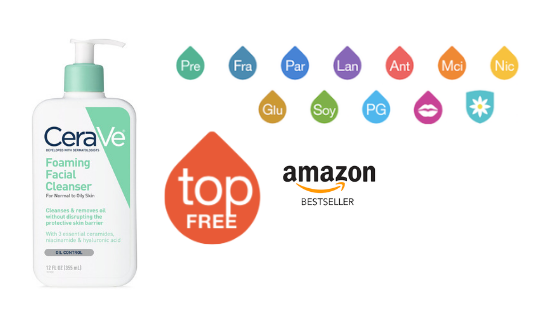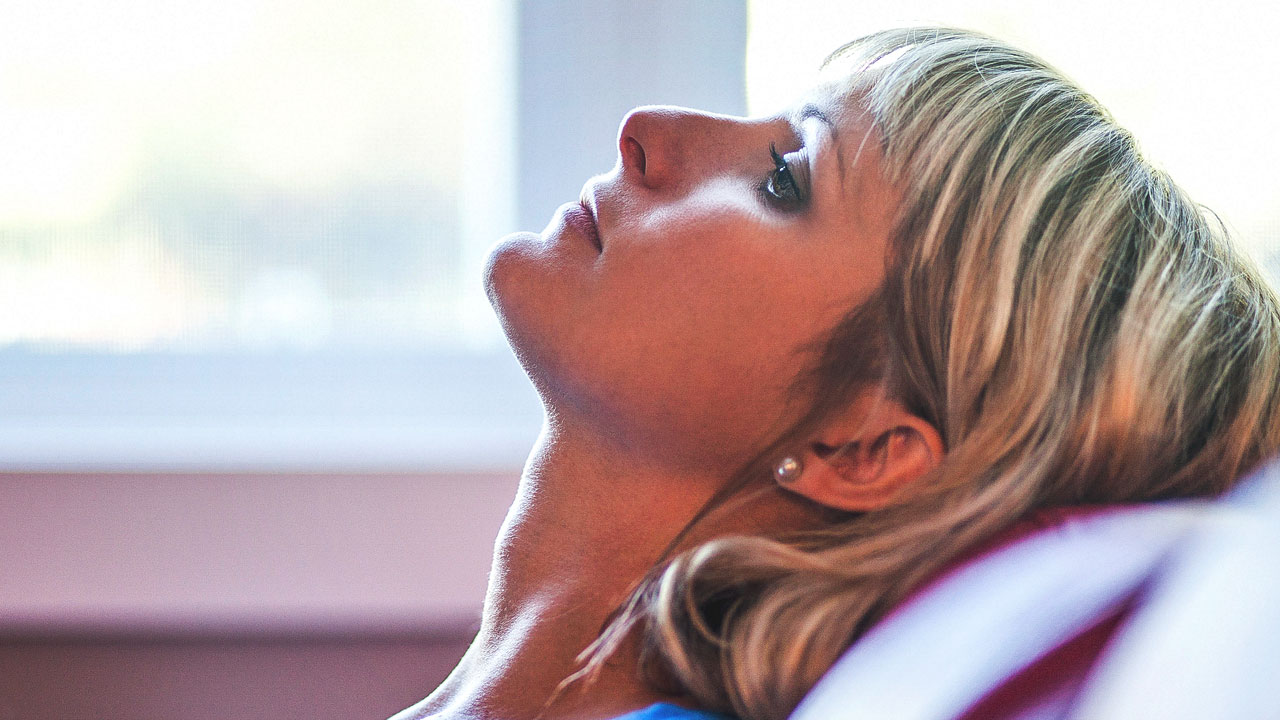 Photo: Getty Images
Photo: Getty Images
Wrinkles. Age spots. Skin cancer. Sun exposure is often the culprit of these harmful and/or unwanted side effects. Fear of contracting unhealthy symptoms causes many people to avoid the sun. Even though exposure to the sun can trigger health issues including skin cancers and extreme burns, the sun also offers several health and beauty benefits.
Vitamin D is a main benefit gained from sunlight shining on skin. In 2009, a study by the University of Colorado Denver School of Medicine reported that 75 percent of Americans are deficient in vitamin D. Although individuals can receive vitamin D through supplements and their diet, natural sunshine serves as the best way to consume the vitamin. People lacking vitamin D are more susceptible to diseases such as diabetes, heart disease, hypertension, multiple sclerosis, osteoporosis and internal cancers. As people spend more time in the sunlight, they soak in UVB wavelengths that help the body produce vitamin D on its own. Vitamin D generates strong teeth, nails and bones, healthy eyes and skin, and improved calcium, vitamin A and vitamin C absorption. Naturally getting vitamin D from the sun also proves to be cheaper than purchasing skin creams and products that contain the vitamin.
People engaging in moderate sun exposure can also benefit from clearer complexions. Some studies show that vitamin D successfully treats psoriasis, a skin disease marked by red and scaly blotches. Because vitamin D helps cause skin cell metabolism, it treats the scaling and irritation associated with psoriasis.
Sun exposure also somewhat fights acne. Studies prove that sunlight hitting the skin cures seasonal affective disorder (SAD), a condition where people experience depression in the winter months. As sun exposure improves individuals’ moods, they often feel less stress. It is not always the case, but a decrease in stress calms acne flareups. According to Dr. Ellen Marmur, Associate Professor and Chief of Dermatologic and Cosmetic Surgery at Mount Sinai Medical Center in New York City, “...some skin diseases, such as psoriasis, acne, and eczema, happened because your inflammatory system is in overdrive. So the UV light helps quell the immune system’s overreaction temporarily so the skin can normalize again.” Although sunlight sometimes improves complexions, people must cautiously expose themselves to the sun because excessive exposure can harm skin cells.
As spring approaches, step away from working on the computer or watching TV indoors to experience the benefits of the sun. The benefits can be gained through enjoyable activities such as gardening, biking and playing golf, but remember to use common sense and be cautious while in the sunshine. Wear a hat at midday and a minimum of SPF 15 sunscreen. Also, rather than spending all day in the sun on the first hot day of the year, build up a tolerance by beginning with 15 minute increments in the sunlight.
Resources:
http://www.health.harvard.edu/fhg/updates/update0604d.shtml
http://www.mercola.com/Downloads/bonus/benefits-of-sun-exposure/report.aspx
http://www.articlesbase.com/nutrition-articles/health-benefits-of-sun-exposure-1917518.html
http://www.healthy-skincare.com/vitamin-d-benefits.html
http://www.acnemythsetc.com/acne_vs_the_sun.html
http://onlineradiologytechnicianschools.com/2010/feeling-sunny-25-health-benefits-of-sensible-sun-exposure/
http://www.digitaljournal.com/article/269764






Add a CommentComments
There are no comments yet. Be the first one and get the conversation started!